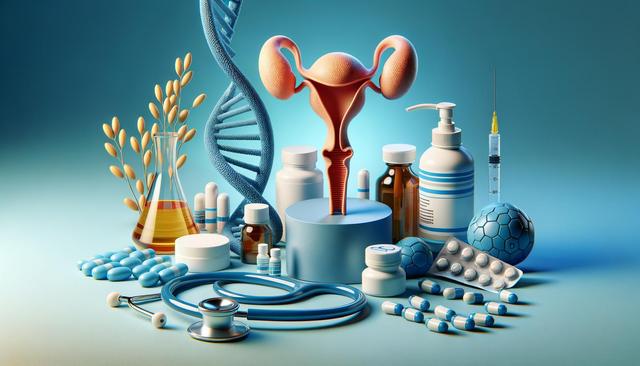Recognizing the Importance of Early Detection
Early detection plays a crucial role in the effective treatment of prostate cancer. Regular prostate screenings can help identify issues before they become more serious, increasing the chances of successful treatment. If you’re searching for a way to get checked, consider looking up ‘prostate screening near me’ to find local clinics or specialists. These screenings typically include a prostate-specific antigen (PSA) blood test and a digital rectal exam (DRE). Men over 50 or those with a family history of prostate issues should prioritize these evaluations to monitor their prostate health proactively.
In addition to medical exams, staying informed about potential symptoms can also aid in early detection. These may include difficulty urinating, frequent urination (especially at night), blood in the urine or semen, and pelvic discomfort. While these symptoms do not always indicate cancer, they are worth discussing with a healthcare provider. Taking initiative to ‘book urologist for prostate check’ can be a valuable step in ensuring any concerns are thoroughly addressed.
Exploring Treatment Options for Prostate Cancer
Prostate cancer treatment depends on several factors such as the stage of the cancer, the patient’s age, and overall health. Common treatment approaches include:
- Active surveillance for low-risk cases
- Radiation therapy
- Surgery (such as prostatectomy)
- Hormone therapy
- Chemotherapy, typically for advanced cases
Active surveillance involves closely monitoring the condition with regular check-ups and tests, without immediate treatment. This is often suitable for older men with slow-growing cancer. More aggressive forms may require surgical removal of the prostate or radiation to destroy cancer cells. Each treatment has its own set of potential side effects, such as urinary incontinence or erectile dysfunction, which should be discussed thoroughly with a doctor.
It’s also important to consider lifestyle factors during and after treatment. Maintaining a healthy diet and engaging in regular physical activity can support overall recovery and long-term wellness.
Diet and Nutrition for Prostate Health
Nutrition plays a vital role in supporting prostate health, both before and after a cancer diagnosis. Incorporating the ‘best foods for prostate health’ into your daily meals can contribute to reducing inflammation and supporting the immune system. Some of these foods include:
- Tomatoes (rich in lycopene)
- Fatty fish like salmon (high in omega-3)
- Cruciferous vegetables such as broccoli and cauliflower
- Green tea
- Nuts and seeds
These foods are known for their antioxidant and anti-inflammatory properties, which may help reduce the risk of prostate problems. In contrast, it’s wise to limit red meat, processed foods, and high-fat dairy products, which have been linked to increased risks in some studies.
Hydration and moderation in alcohol consumption are also key elements of a prostate-friendly diet. Making these changes can be especially important when considering ‘how to keep your prostate healthy after 50’.
Supplements and Prostate Wellness
For those looking to enhance their dietary intake, the ‘best supplements for prostate health’ can provide an additional layer of support. Popular ingredients found in these supplements include:
- Saw palmetto
- Zinc
- Selenium
- Lycopene
- Vitamin D
These nutrients may aid in maintaining normal prostate function and reducing urinary symptoms. However, it’s important to consult a healthcare provider before starting any supplement regimen, especially if you are undergoing treatment for prostate cancer or taking other medications. Supplements should not replace a balanced diet but can be used wisely to fill nutritional gaps.
Scientific evidence on supplement efficacy varies, so choosing high-quality, well-reviewed products is essential. A healthcare provider can help determine which supplements, if any, are appropriate based on individual health needs.
Proactive Steps After 50
As men age, taking proactive steps becomes increasingly important. Knowing ‘how to keep your prostate healthy after 50’ involves a combination of regular check-ups, smart lifestyle choices, and staying informed. Here are some useful practices to consider:
- Schedule routine screenings and exams
- Maintain a healthy weight
- Exercise regularly
- Follow a prostate-supportive diet
- Manage stress effectively
These habits not only support prostate health but also contribute to overall well-being. If you’re unsure where to begin, a good first step is to ‘book urologist for prostate check’ and establish a baseline for your prostate health. With guidance from healthcare professionals, you can devise a personalized plan that aligns with your lifestyle and health goals.
Creating a support system, whether through family, friends, or support groups, can also help individuals navigate the physical and emotional aspects of prostate cancer and its treatment. Staying informed and engaged in your health journey makes a significant difference in outcomes and quality of life.




Leave a Reply